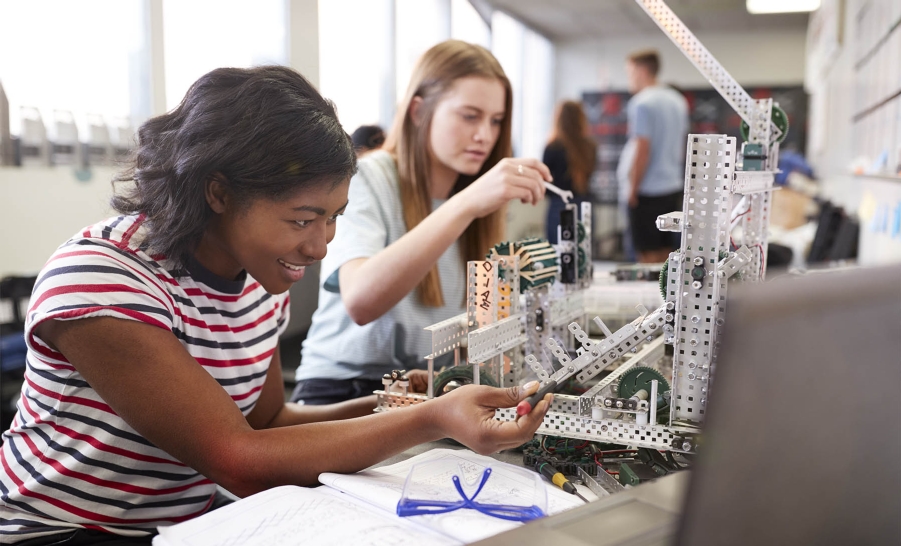Retention Matters: A Qualitative Understanding of Nursing Students’ Motivations
The purpose of this study was to determine what factors motivated undergraduate nursing students to continue on their current career path.
International Journal of STEM Education / August 2020

The higher education literature is replete with deficit-based studies of first-generation college students. By thinking of students’ social relationships as embedded assets, our research adds to an anti-deficit, or asset-based, framing of first-generation students majoring in engineering. This multi-institution study qualitatively characterizes how the various people (alters) in students’ social networks provide expressive and instrumental social capital that helps students decide to enter and then to persist in undergraduate engineering majors. This study compares and contrasts social capital assets described by first-generation college students and those described by continuing-generation college students. Both first-generation college students and continuing-generation college students described how they leveraged the social capital inherent in their social relationships. In the comparison of the two groups, the authors found far more similarities than differences in the way participants described their social capital. These findings illustrate that engineering undergraduates’ social relationships and networks are critical to their success in engineering. The relational assets first-generation college students possess support an anti-deficit framing of this group. This study helps one to understand specifically how students gain support from a variety of alters, and it provides implications for how to better support all students’ engineering educational pathways.